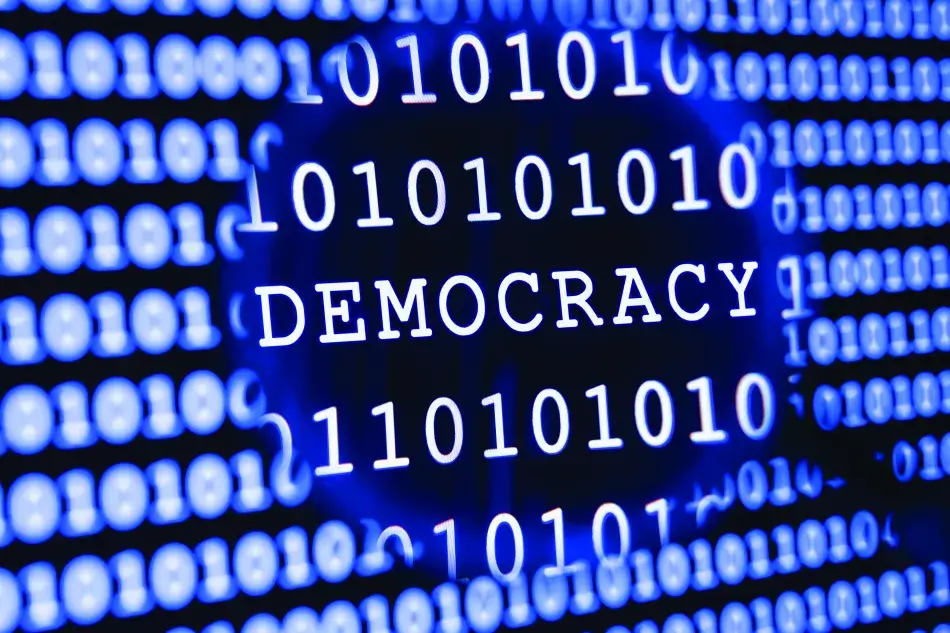Summary

This report outlines the data and methodologies researchers use to understand how the Internet has impacted democracy and the challenges they face in this field. The report summarizes key insights from interviews with fifteen experts from a broad array of computer science, data analysis, media studies, legal, and political science backgrounds. It specifically examines the data and research methodologies experts use to study how the Internet is changing democracy, the types of inferences that can (and can’t) be drawn with current resources, and barriers in this field.
Key Insights:
- Current data resources, tools, and methodologies can sufficiently track how specific messages spread across individual platforms and channels, who they target, and how they change over time, but understanding how messages ripple through the larger media ecosystem across multiple channels is an open question. Understanding their impact on beliefs and behaviors is also an open question.
- Current data resources, tools, and methodologies can offer valuable insights into specific demographic pockets in ways that were not possible before the digital age, but these online data are not representative samples of the general population. The insights gained come with limitations on how far they can be extrapolated.
- Platforms can be crucial tools for galvanizing grassroots social movements and elevating marginalized voices, but these spaces and tools largely reinforce existing power structures and biases along race, gender, and socioeconomic lines. Researchers are limited in the ways in which they can interrogate how those power dynamics are established and their ramifications.
- Search engines and social media platforms play an increasingly powerful role in political speech, voter knowledge, and democratic participation, but there is not enough transparency around curatorial and ranking algorithms nor on how policies within tech companies are crafted and executed.
- Despite the challenges, many experts believe in the Internet’s potential to promote democracy and strengthen civic engagement, though everyone who spoke on this topic said that online spaces and the tech sector at large have a long way to go to achieve these positive results.
When asked about what barriers hinder their research, experts pointed to data access challenges, legal concerns, ethical issues, and insufficient academic research infrastructures. They discussed data sharing initiatives, regulation, and lawsuits as possible solutions to some of these problems.